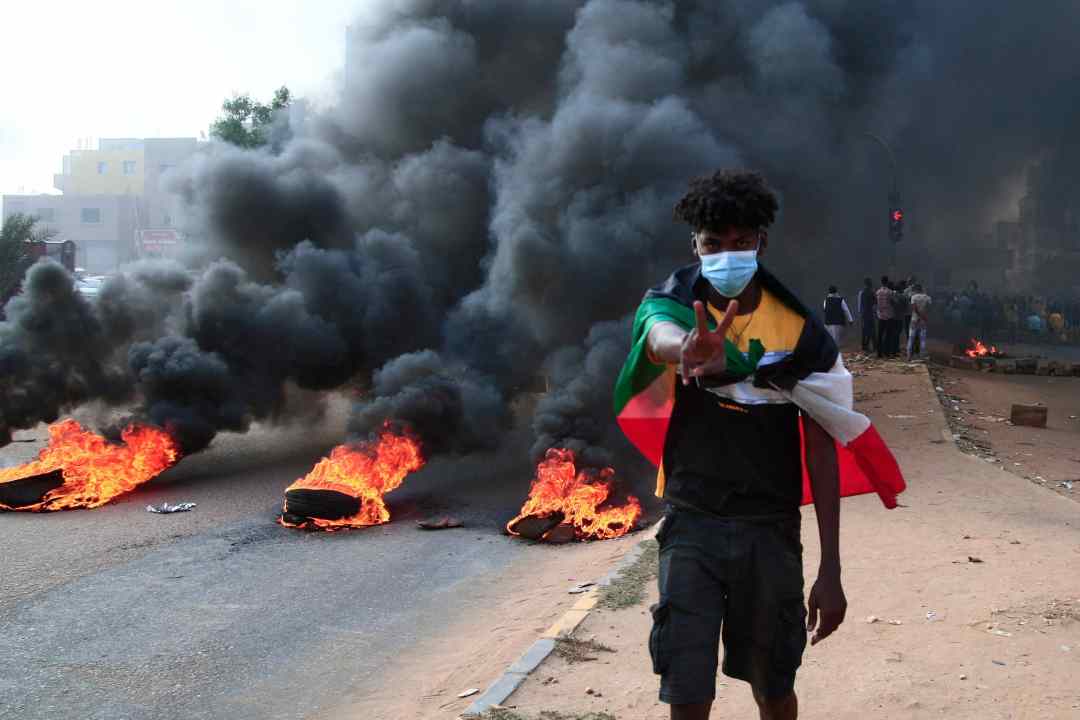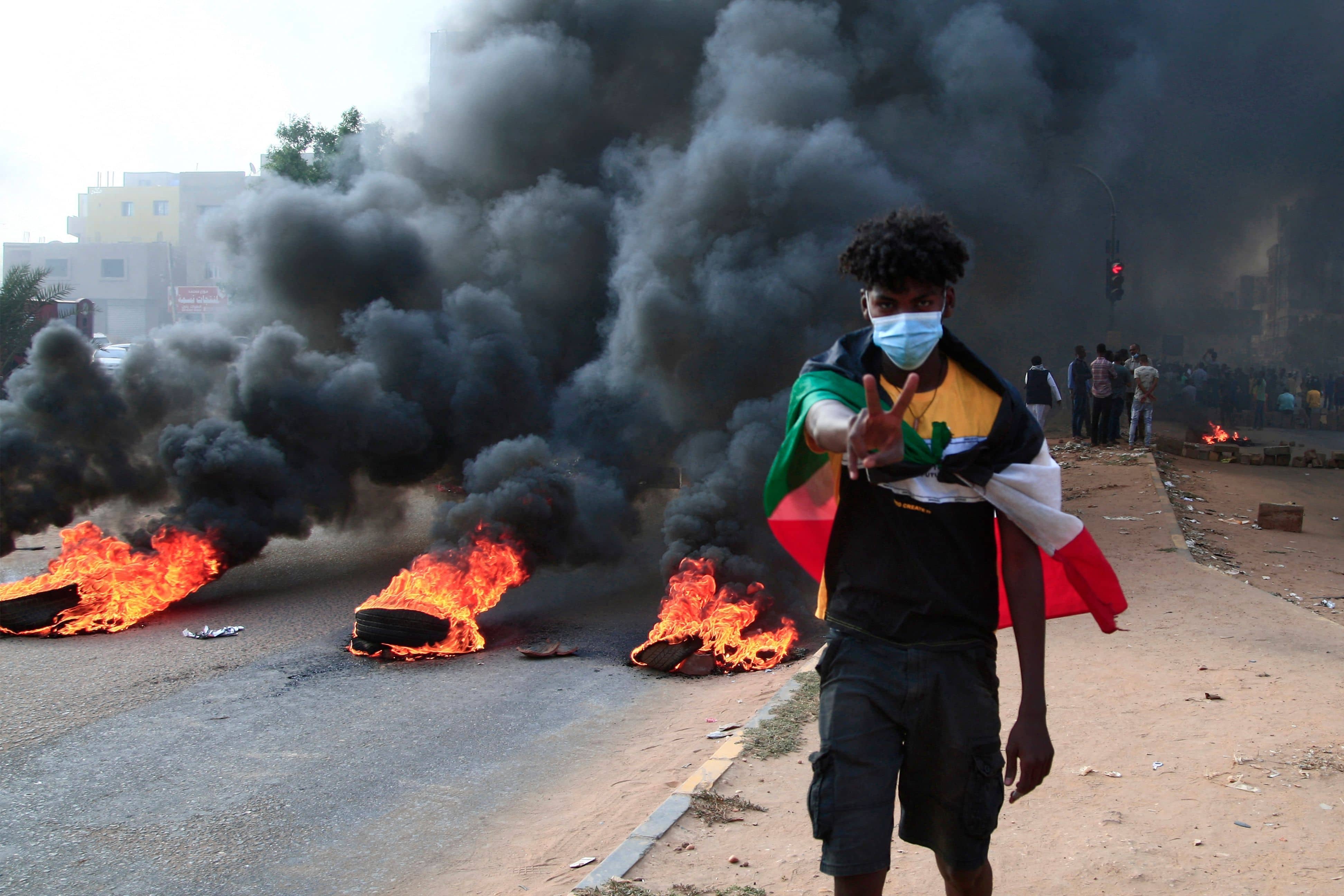Sudan’s army has just dissolved the government, dismissed the prime minister and declared a state of emergency. That certainly sounds like a coup — but it’s not, unless you count the army taking over from itself as a coup. The two uniformed power brokers who effectively controlled Sudan last week (a regular soldier called General Burhan and an opportunistic warlord lieutenant general Hamdan) still control the country this week.
My Oxford English Dictionary defines a coup as a ‘sudden and decisive stroke of state policy’ and also as ‘a finishing stroke.’ Sudan’s coup that is not a coup was neither sudden nor decisive. The mood of end-game impatience with the civilian part of the government has been building for months, while this week’s superficial change of guard decides nothing — the factional deadlock within the armed forces remains as deadly as ever.
The aim is to balance the budget, but the effect is to unbalance the government
Worse, the faux-coup is not a ‘finishing stroke’ but rather perpetuates the disastrous grip of a military that has spent most of the last fifty years turning resource-rich Sudan into one of the poorest and most corrupt countries in the world. Sudan, a by-word in Africa for disappointed hopes and broken promises, has remained true to form.
It was only two and a half years ago that the one-time colonel Omar al-Bashir (later self-promoted to field marshal) was ejected from his 30-year stint of presidential thuggery and replaced by what looked — momentarily — like a civilian government. That two and a half years feels a long time ago. The removal of al-Bashir, who had the distinction of being the only sitting head of state to be indicted by the International Criminal Court, was lamented by no one. Yet the three straight decades of government viciousness that preceded his dethroning still scar the country.
The man brought in to replace him by the civilian-military coalition was Abdalla Hamdok, a politically untried UN economist. Despite being patently uncomfortable in the company of the uniformed men that surrounded him, Hamdok achieved more than many expected. He presided over a deal with the US that finally saw Sudan taken off the list of state sponsors of terrorism, negotiated hard for a decent foreign assistance deal from Washington, laid the groundwork for investors to start treating Sudan as a place where they could do business and brought most of the remaining rebel groups operating on the border with South Sudan into a peace agreement.
But the civilian prime minister was also a child of the multilateral agency mindset. He began negotiations with the IMF on a ‘policy and reform programme’, a pre-requisite for debt relief, and thereby sealed his fate. The IMF recipe remains what always has been: the promise of a debt-light future in return for the pain of immediate government cuts, including an end to subsidies on essentials. The aim is to balance the budget, but the effect is to unbalance the government.
Cutting government subsidies on fuel (which effectively subsidizes everything, including food) in a country like Sudan, eaten away by decades of kleptocracy, is about the worst of bad options. The situation isn’t helped by the breakaway South, which declared independence in 2011, taking with it most of the former country’s oil fields and depriving the state of three-quarters of its revenues. What the international lenders should have done is taken the process of normalisation and democratic gains at face value, calculated the ghastly cost of another failed state in north east Africa, and come to the necessary conclusion: continue to feed the Hamdok government with as much cash as it needed for as long as it took. But that is too obvious, and not the IMF way.
The price of bread is what always determines the fate of Sudanese leaders. Bread finished off another long-serving military dictator Jaafar al-Nimeiry in 1985 and did the same for al-Bashir in 2019. With inflation now running at over 200 per cent and with the economy on the street in paralysis, the armed forces have decided they have got all they can from their civilian frontman — the price of bread says it is time to move on.
But move on to where? After the coup that is not a coup, the one thing the army has lost is someone to blame.







Comments